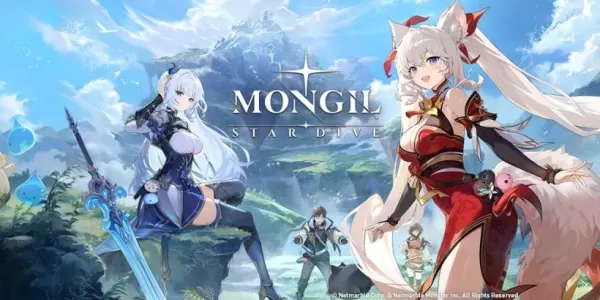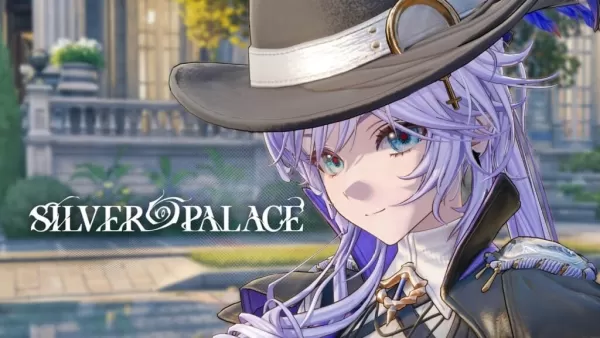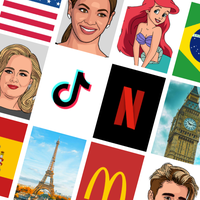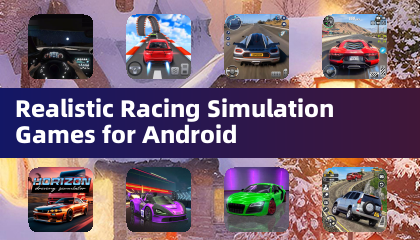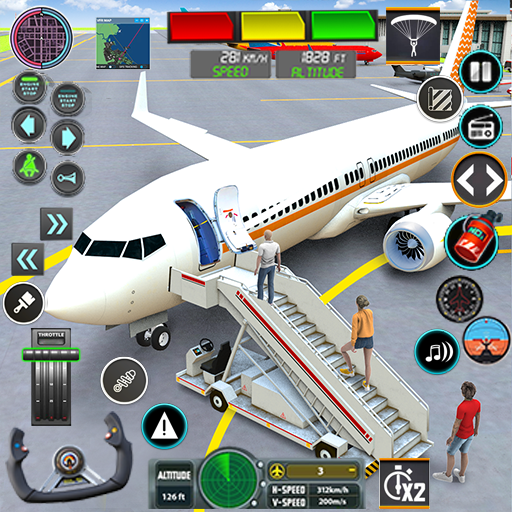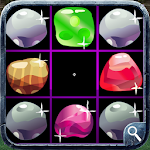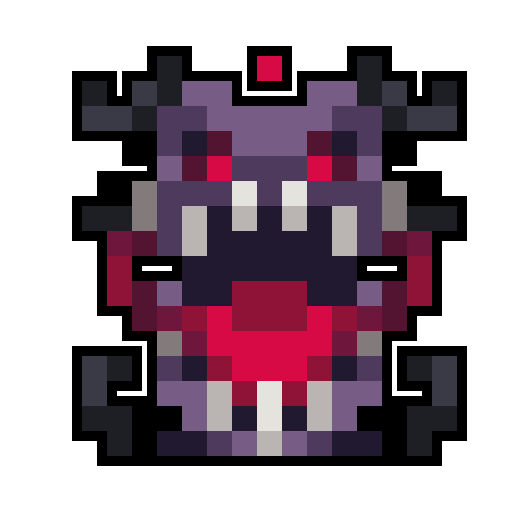Activision recently grabbed the attention of the gaming world by launching advertisements for new projects based on its beloved franchises, including Guitar Hero, Crash Bandicoot, and Call of Duty. However, the buzz wasn't about the announcements themselves, but rather the surprising use of neural networks to create the promotional materials.
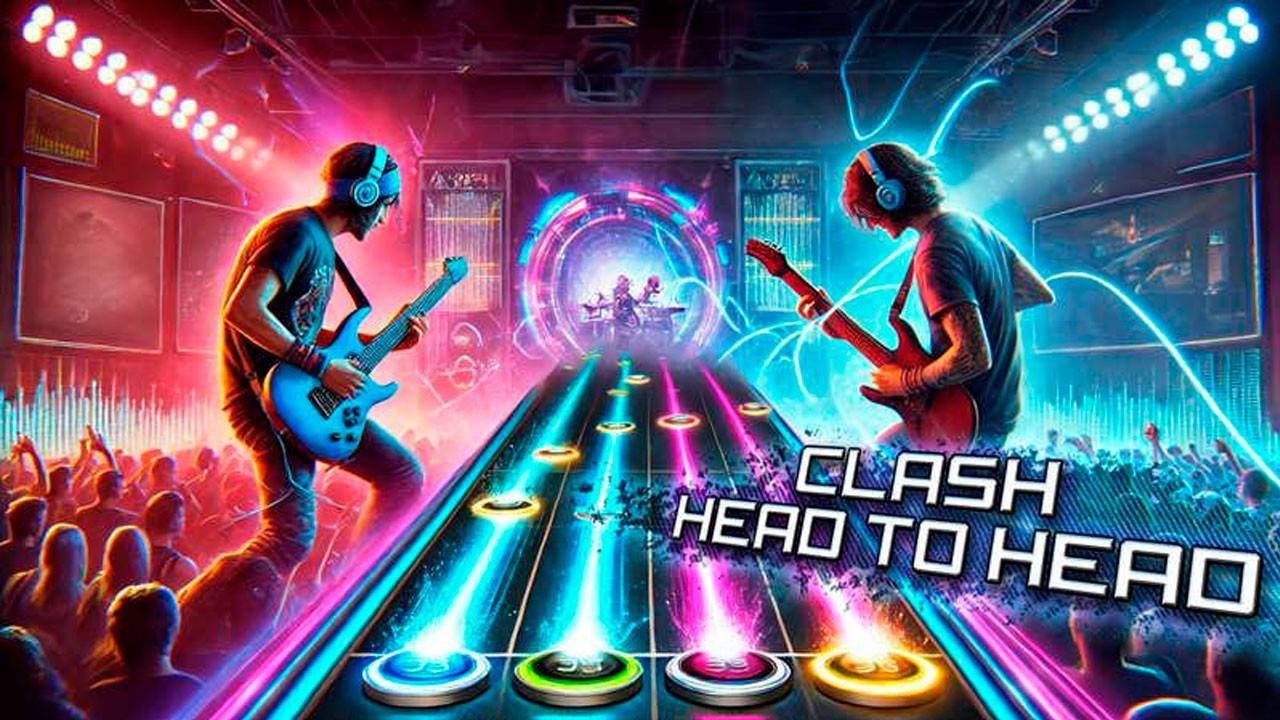 Image: apple.com
Image: apple.com
The first advertisement surfaced on one of Activision's social media platforms, promoting Guitar Hero Mobile and directing users to a pre-order page on the App Store. Gamers quickly pointed out the peculiar, almost surreal visuals, igniting a flurry of discussions. It didn't take long for similar reports to emerge about other mobile titles like Crash Bandicoot Brawl and Call of Duty Mobile, which also showcased AI-generated artwork in their ads. Initially, there was speculation that Activision's accounts might have been compromised, but it was soon revealed to be an unconventional marketing experiment.
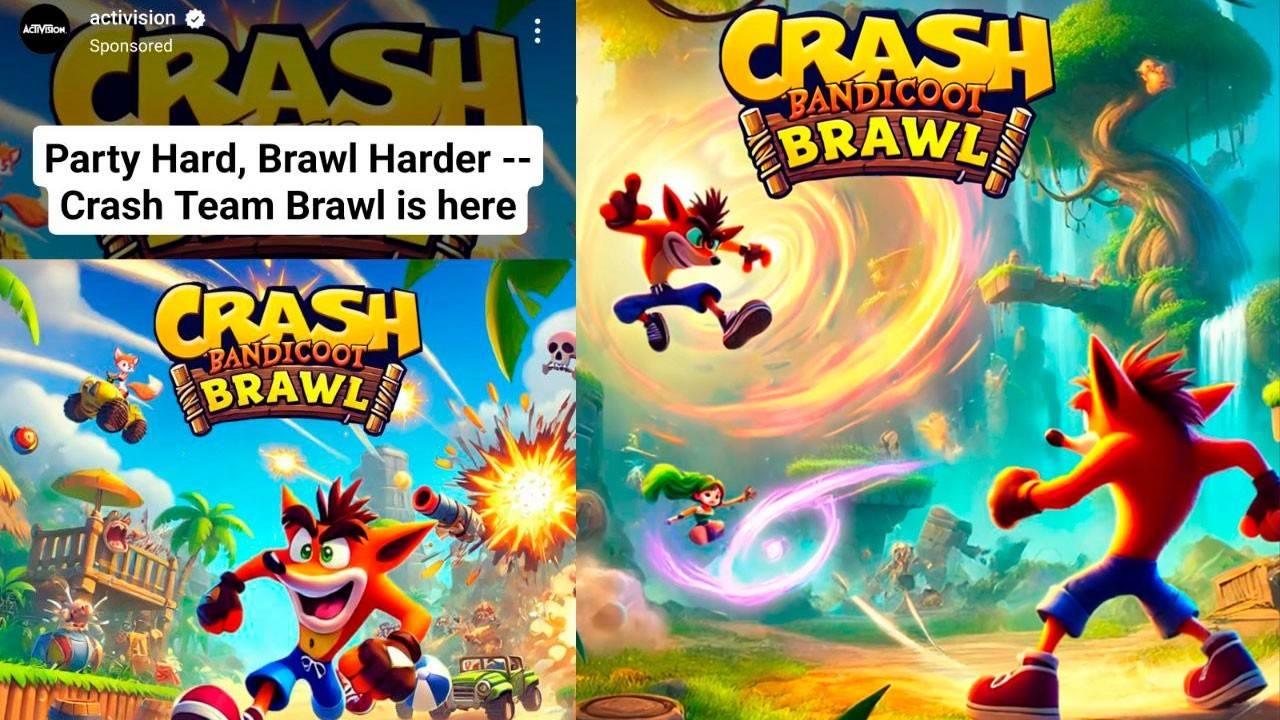 Image: apple.com
Image: apple.com
The reaction from the gaming community was overwhelmingly negative. Fans voiced their discontent with Activision's decision to employ generative AI rather than collaborating with professional artists and designers. Concerns were raised that this approach might degrade the quality of games, potentially turning them into what some described as "AI garbage." Comparisons were drawn to Electronic Arts, notorious for its controversial decisions within the gaming industry.
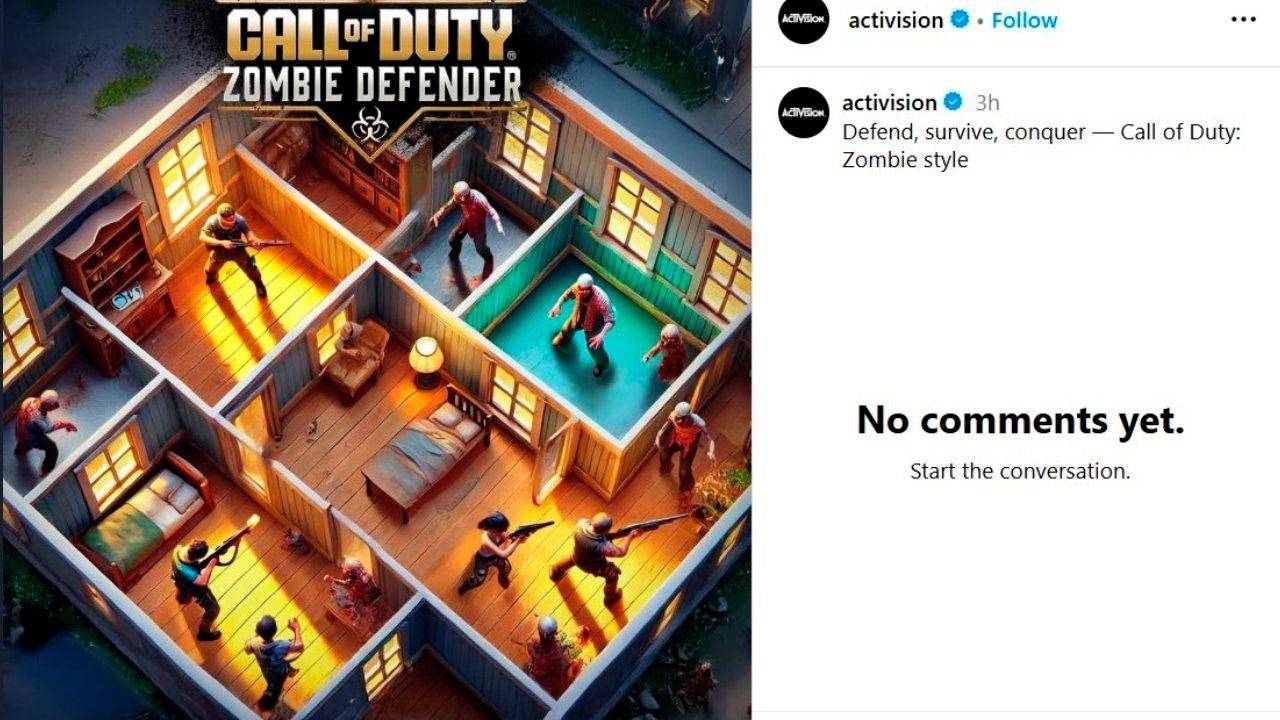 Image: apple.com
Image: apple.com
The integration of AI in both development and marketing has sparked significant debate for Activision. The company has acknowledged the active use of neural networks in crafting content for Call of Duty: Black Ops 6.
In response to the backlash, some of the promotional posts were removed. It remains uncertain whether Activision genuinely intends to launch these games or if they were simply testing the waters with provocative marketing materials.

